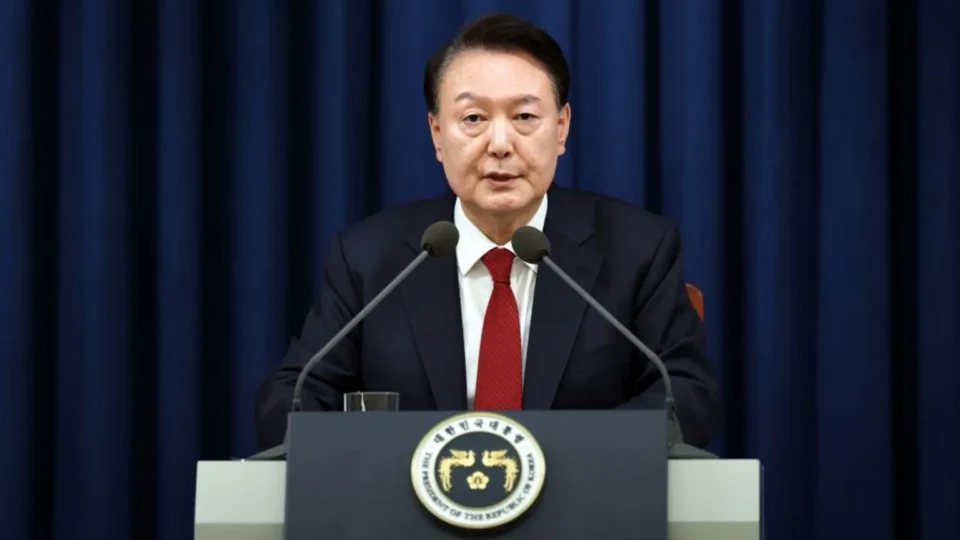South Korean lawmakers have impeached President Yoon Suk Yeol over his failed attempt to impose martial law, which triggered widespread protests across the country. The motion, supported by some members of Yoon’s own People Power Party (PPP), passed after several MPs voted with the opposition. However, the decision still requires approval from the Constitutional Court, which has 180 days to rule. If upheld, a presidential election will be held within 60 days.
Yoon had declared martial law in response to political deadlock, claiming it was necessary to counter North Korean threats. However, his decision was quickly overturned by Parliament after only a few hours. This action, seen by many as a domestic power play rather than a genuine national security measure, led to his approval rating plummeting to an all-time low of 11%. Despite the impeachment vote, Yoon vowed to continue fighting and described the move as a temporary pause to his presidency.
The impeachment motion reached the required two-thirds majority after 12 PPP lawmakers joined the opposition. National Assembly Speaker Woo Won-shik expressed hope that the vote would restore some sense of normalcy to the public. Meanwhile, Prime Minister Han Duck-soo has taken over as acting president. However, Han and finance minister Choi Sang-mok are both under investigation in connection with last week’s events.
Thousands of anti-Yoon protesters gathered outside the National Assembly to celebrate, while Yoon’s supporters expressed anger and disappointment. The impeachment process echoes South Korea’s 2016 removal of former president Park Geun-hye, in which Yoon played a significant role as a prosecutor. The political turmoil continues as the nation waits for the Constitutional Court’s decision.



